Barnacle Anatomy
The barnacle secretes the calcium hard plates which totally encase them. Their predators include worms marine snails eg.
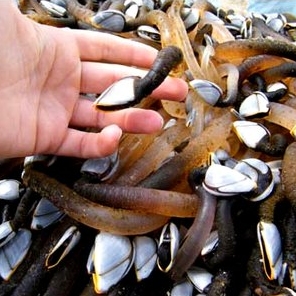 They Were So Ugly That Everyone Died
They Were So Ugly That Everyone Died
Then they bridge the distance by.

Barnacle anatomy. Barnacles are marine animals that live in both shallow and tidal waters. Barnacles are suspension feeders feeding on plankton whilst some species are parasites. A barnacle is a type of arthropod constituting the infraclass cirripedia in the subphylum crustacea and is hence related to crabs and lobsters.
Whelks sea stars some fish and some shorebirds. Percebes or lepas anatifera the great goose barnacle are attached to rocks living in the intertidal zone of the coast. They also need to compete for scarce living space with limpets mussels and other barnacles.
Since they live in a very congested community all that they have to do is select a suitable neighbor for a mating. The abdomen is vestigial. The calcareous shells are called scotum and tergum.
The barnacles are also suspension feeders that are sessile and feed on detritus and plankton. They use their net like cirri to reach out into the water and back in a constant drum like rhythm in order to capture food. For barnacles this presents no real problem.
For one many species are hermaphroditic. Unlike mollusks barnacles dont pump water but depend on water circulation in exposed areas. They protect the soft body that is contected to the rock or wood with a stalk or pendulum a elongation of the body.
The barnacle then feeds by using its feathery feet to capture small edible bits and critters that float by. The second antennae are absent. Tagmata the barnacle body consists of an anterior head with four pairs of appendages and a thorax with six pairs.
Study the external anatomy in a dissecting pan on the stage of a dissecting microscope. A barnacle without a stalk attached directly to its support adductor muscle or adductor scutorum the main muscle for closing the operculum. Barnacles are exclusively marine and tend to live in shallow and tidal waters typically in erosive settings.
With goose barnacles the only edible kind the head extends to form a tough flexible stalk the edible part. That is they can produce both eggs and sperm. It is attached to each scutum at the adductor muscle.
Four more plates form a door which the barnacle can open or close depending on the tide. These white cones have six nearly fitted plates that form a circle around the crustacean. When the tide goes out the barnacle closes shop to conserve moisture.
Barnacles have a few things going for them in terms of reproductive flexibility.
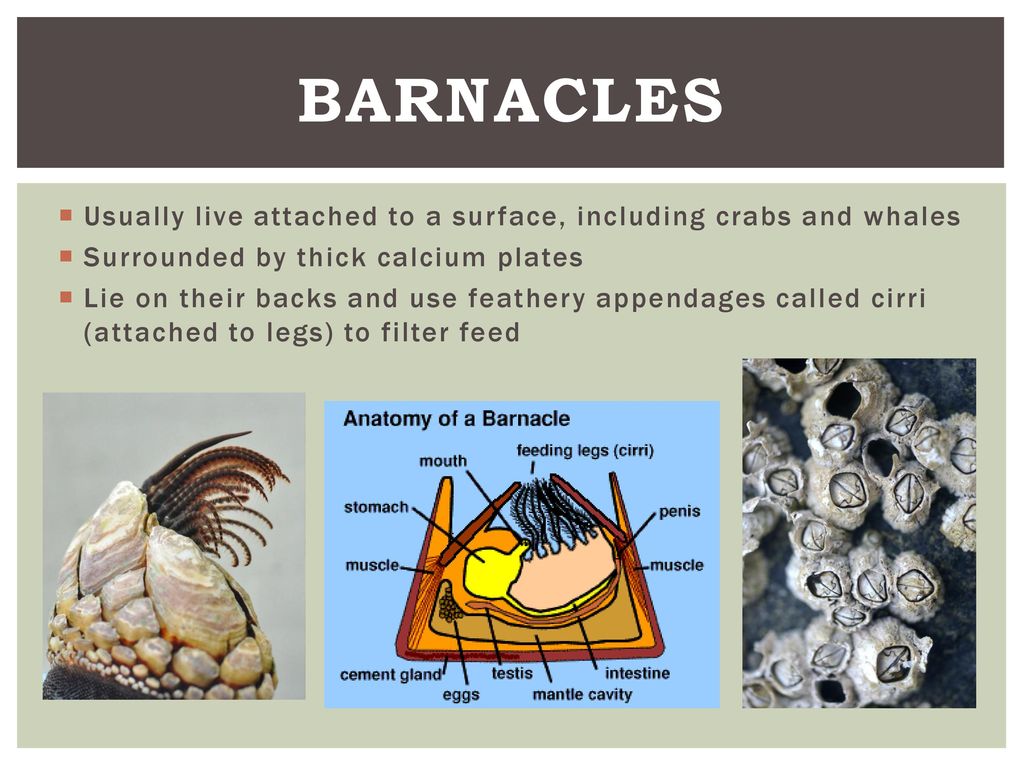 Crabs Lobsters Shrimp Barnacles Horseshoe Crabs And More
Crabs Lobsters Shrimp Barnacles Horseshoe Crabs And More
 Description Of The Initial Dissection Steps Of Adult
Description Of The Initial Dissection Steps Of Adult
 Happy Darwinday Celebrating Charles S 207th Birthday With
Happy Darwinday Celebrating Charles S 207th Birthday With
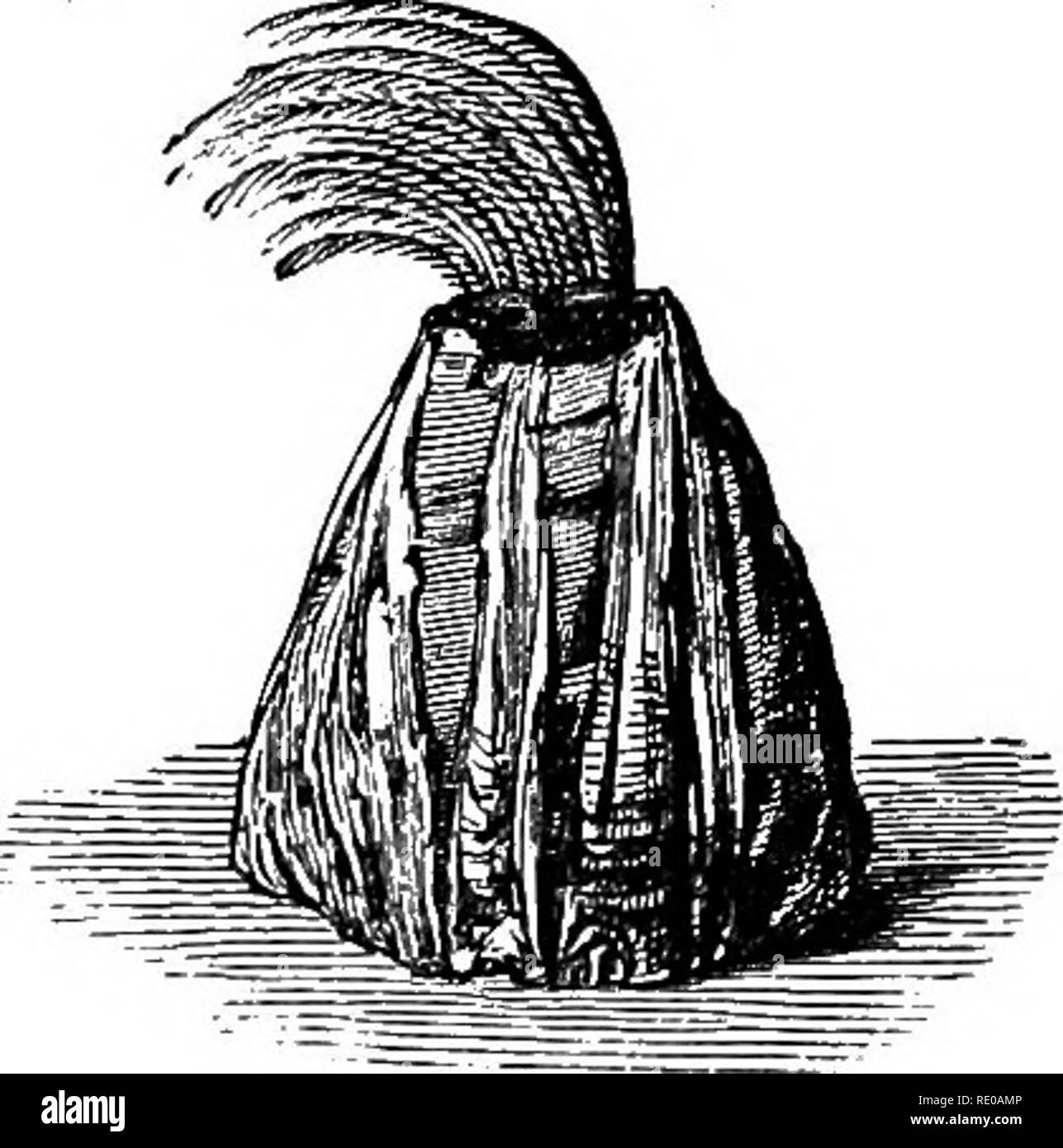 Zoology For High Schools And Colleges Zoology Anatomy Of
Zoology For High Schools And Colleges Zoology Anatomy Of

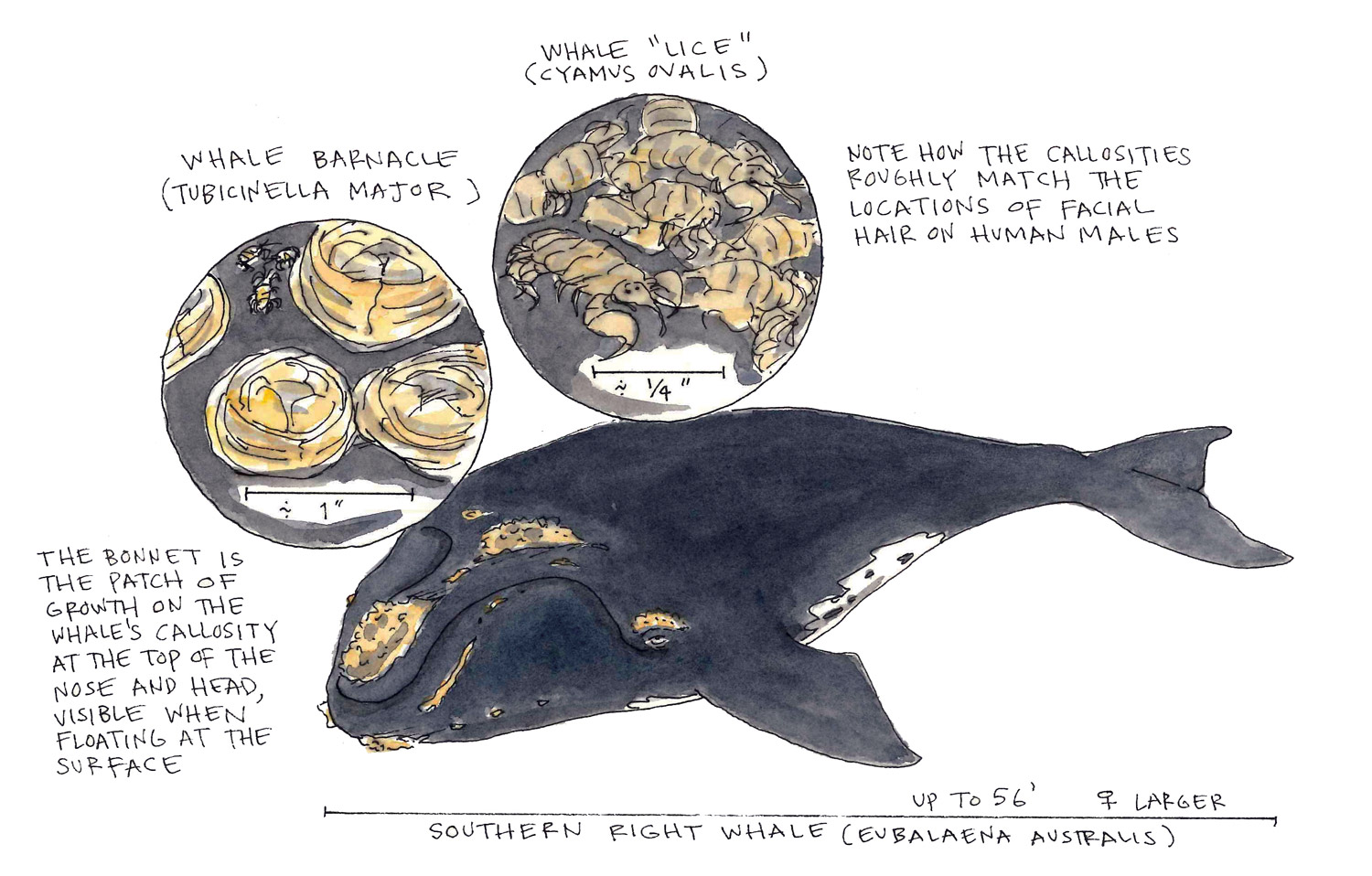 Bonnet Of The Southern Right Whale National Maritime
Bonnet Of The Southern Right Whale National Maritime
 Barnacles Darwin And Geese Zoological Society Of London
Barnacles Darwin And Geese Zoological Society Of London
 Plant Like Animals Marine Biology New Jersey Scuba Diving
Plant Like Animals Marine Biology New Jersey Scuba Diving
Crustacea Glossary Definitions
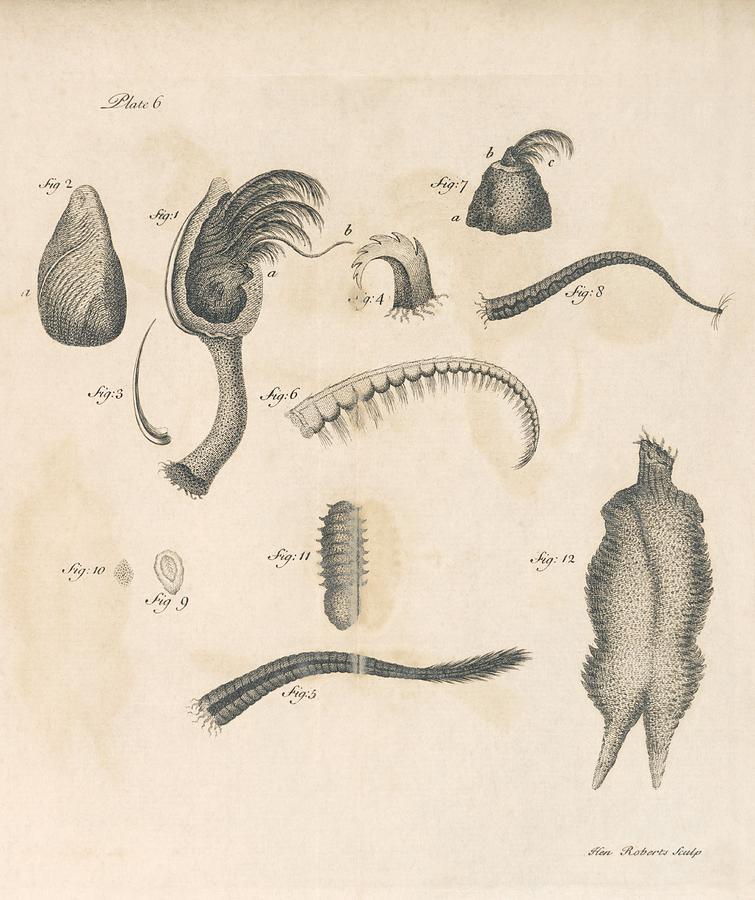 Barnacle Anatomy 18th Century Artwork
Barnacle Anatomy 18th Century Artwork
Reproduction Goose Barnacle Resource
Characterization Of Longitudinal Canal Tissue In The Acorn
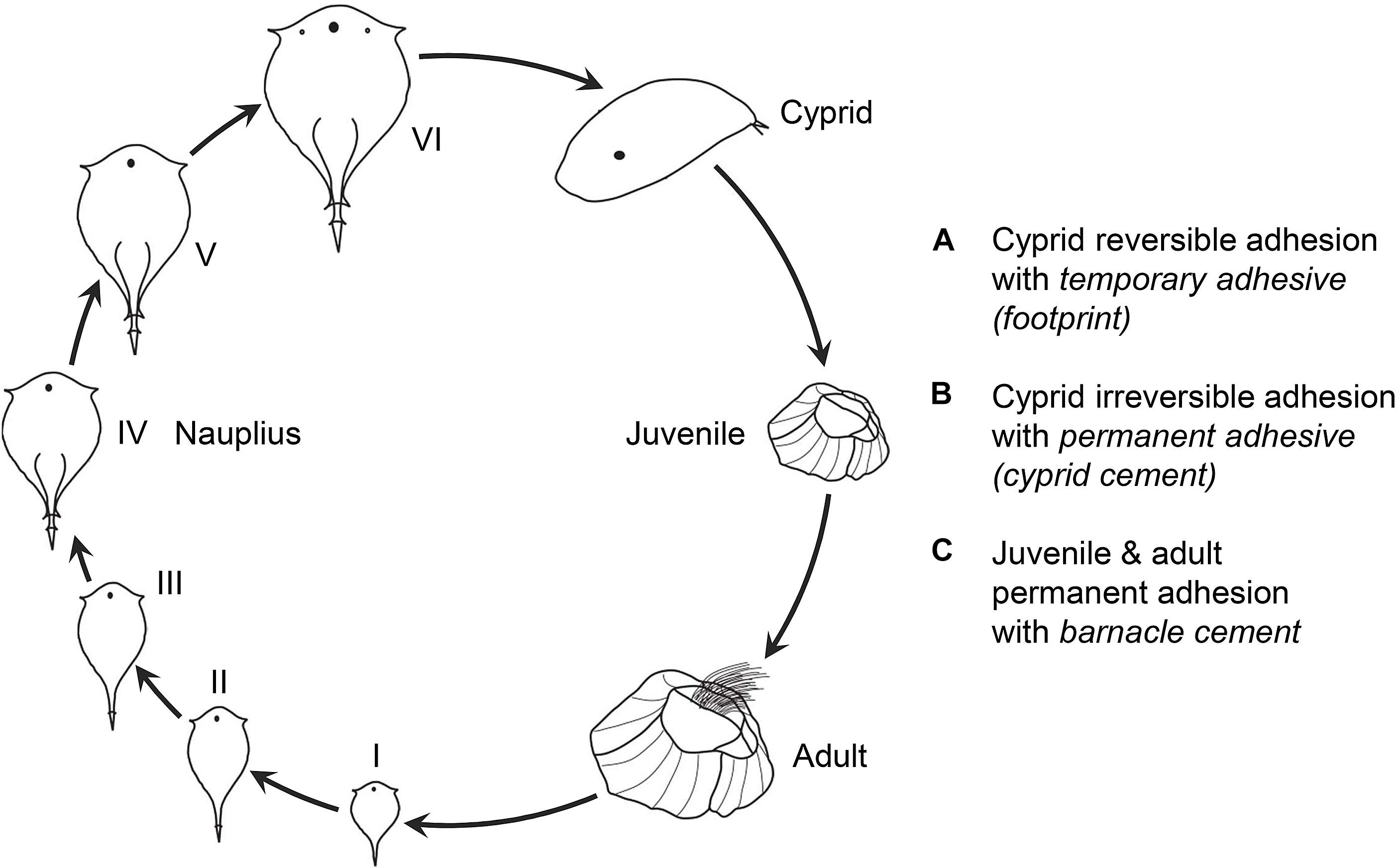 Frontiers Biochemistry Of Barnacle Adhesion An Updated
Frontiers Biochemistry Of Barnacle Adhesion An Updated
 Barnacle Molt Anatomy Exploration 2
Barnacle Molt Anatomy Exploration 2
 The Grandeur Of Life A Celebration Of Charles Darwin And
The Grandeur Of Life A Celebration Of Charles Darwin And
 Pelagic Gooseneck Barnacle Lepas Anatifera Anatifa Laevis
Pelagic Gooseneck Barnacle Lepas Anatifera Anatifa Laevis
 Image Result For Life Span Of A Gooseneck Barnacle
Image Result For Life Span Of A Gooseneck Barnacle
Darwin Online Darwin S Study Of The Cirripedia
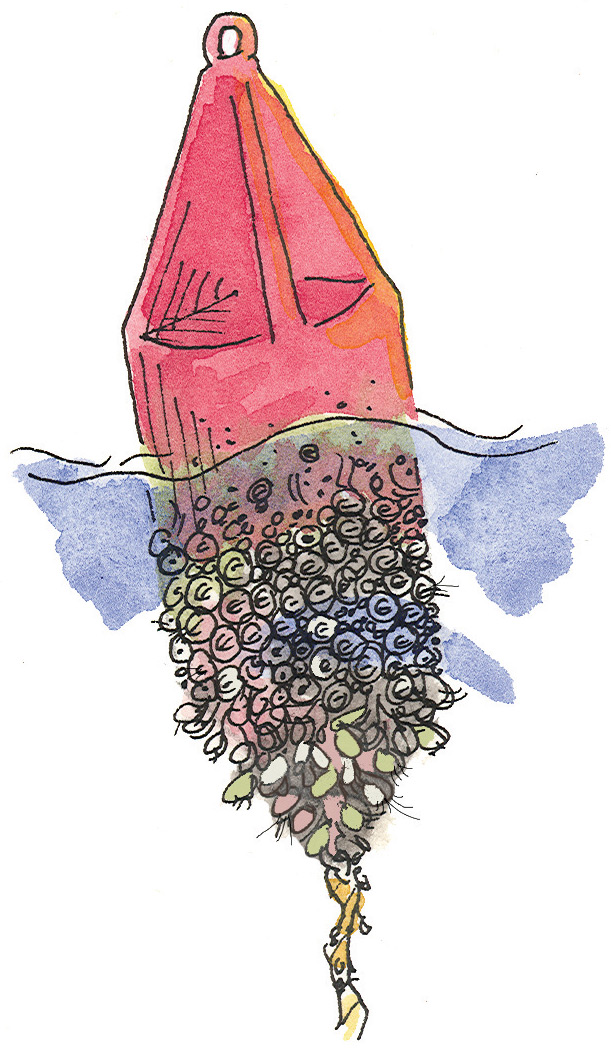 Barnacles National Maritime Historical Society
Barnacles National Maritime Historical Society
 Gooes Or Gooseneck Barnacles Often Attack Themselves By
Gooes Or Gooseneck Barnacles Often Attack Themselves By
Darwin S Reef Exploration Team Licensed For Non Commercial





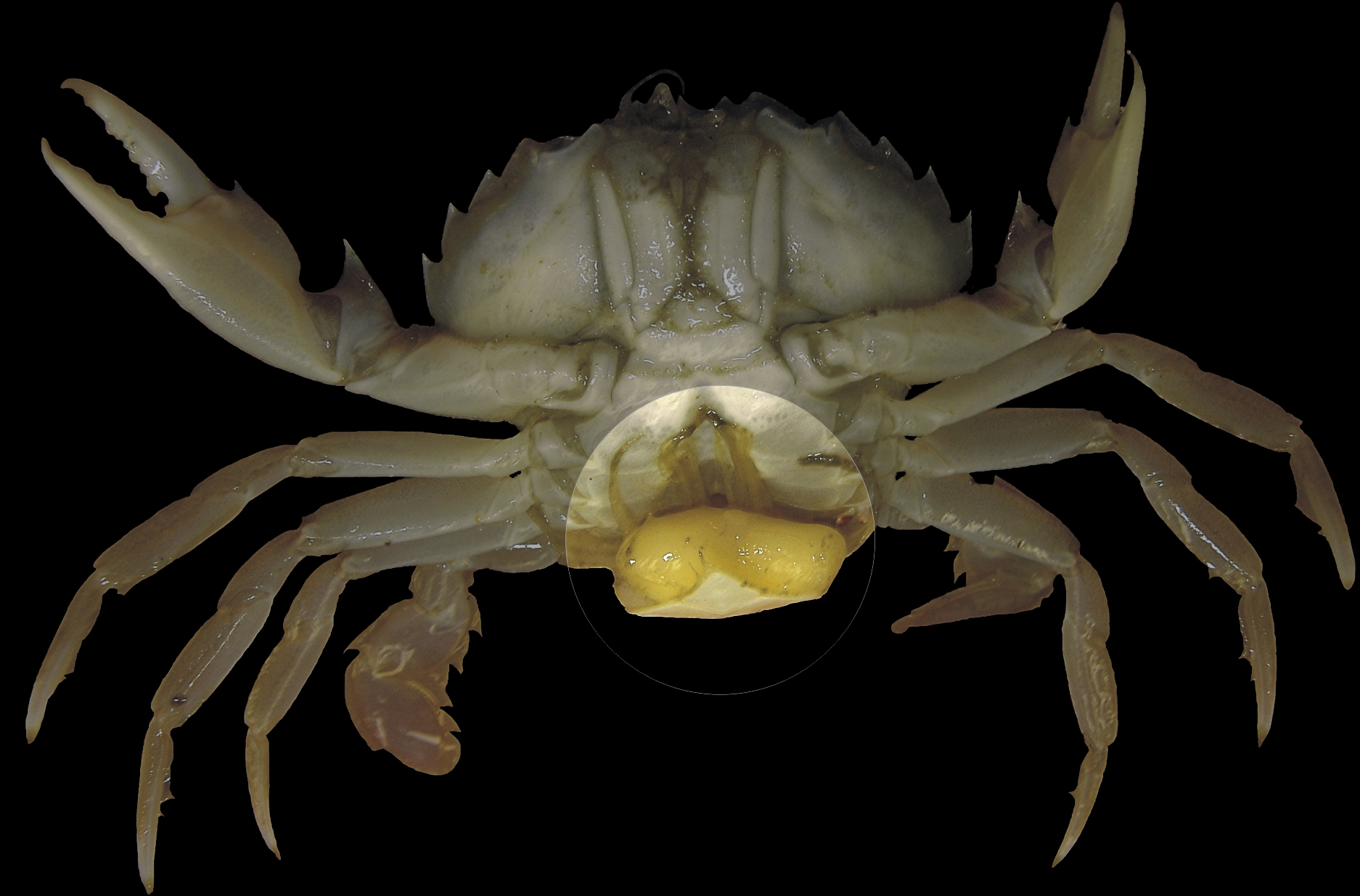
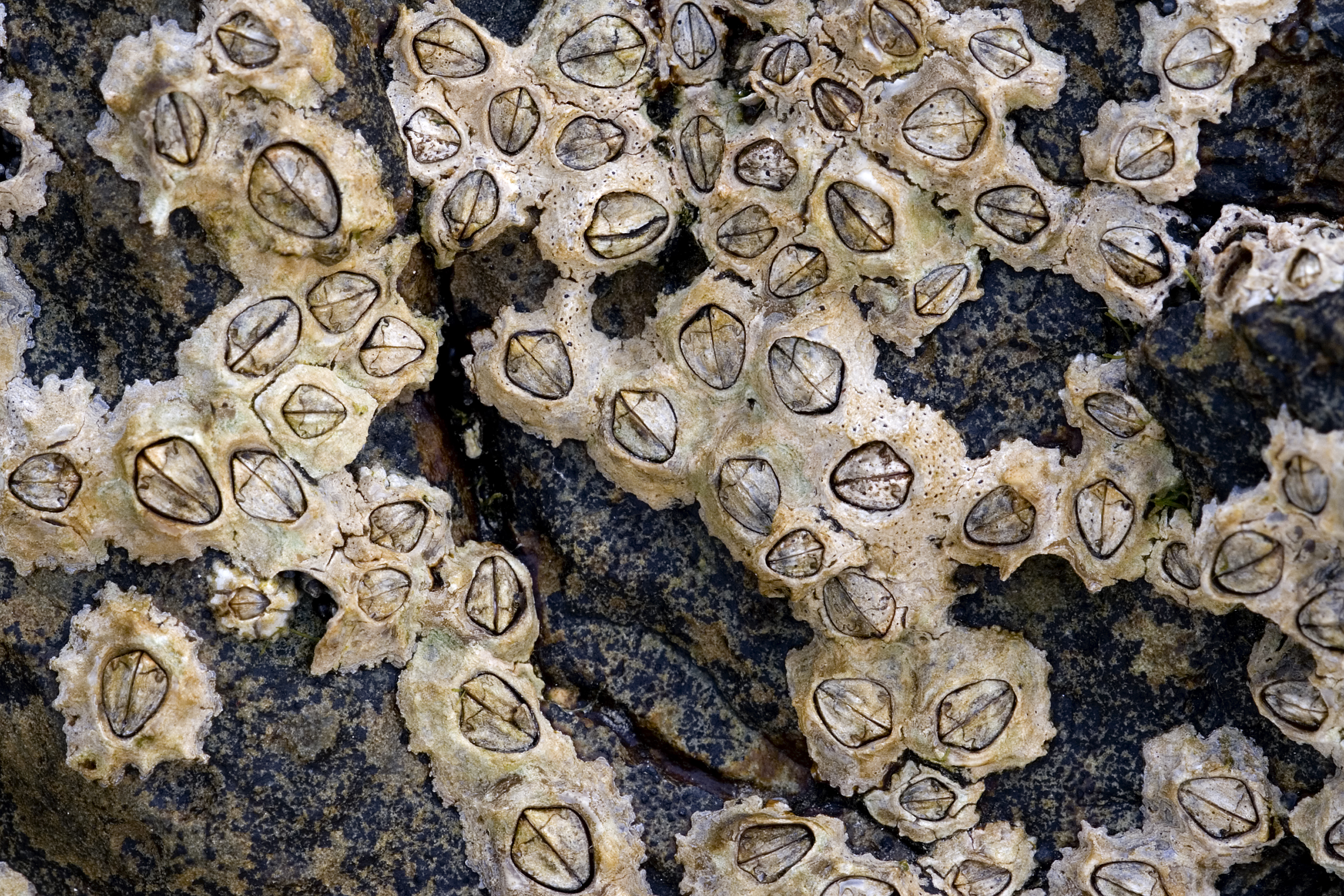

Belum ada Komentar untuk "Barnacle Anatomy"
Posting Komentar